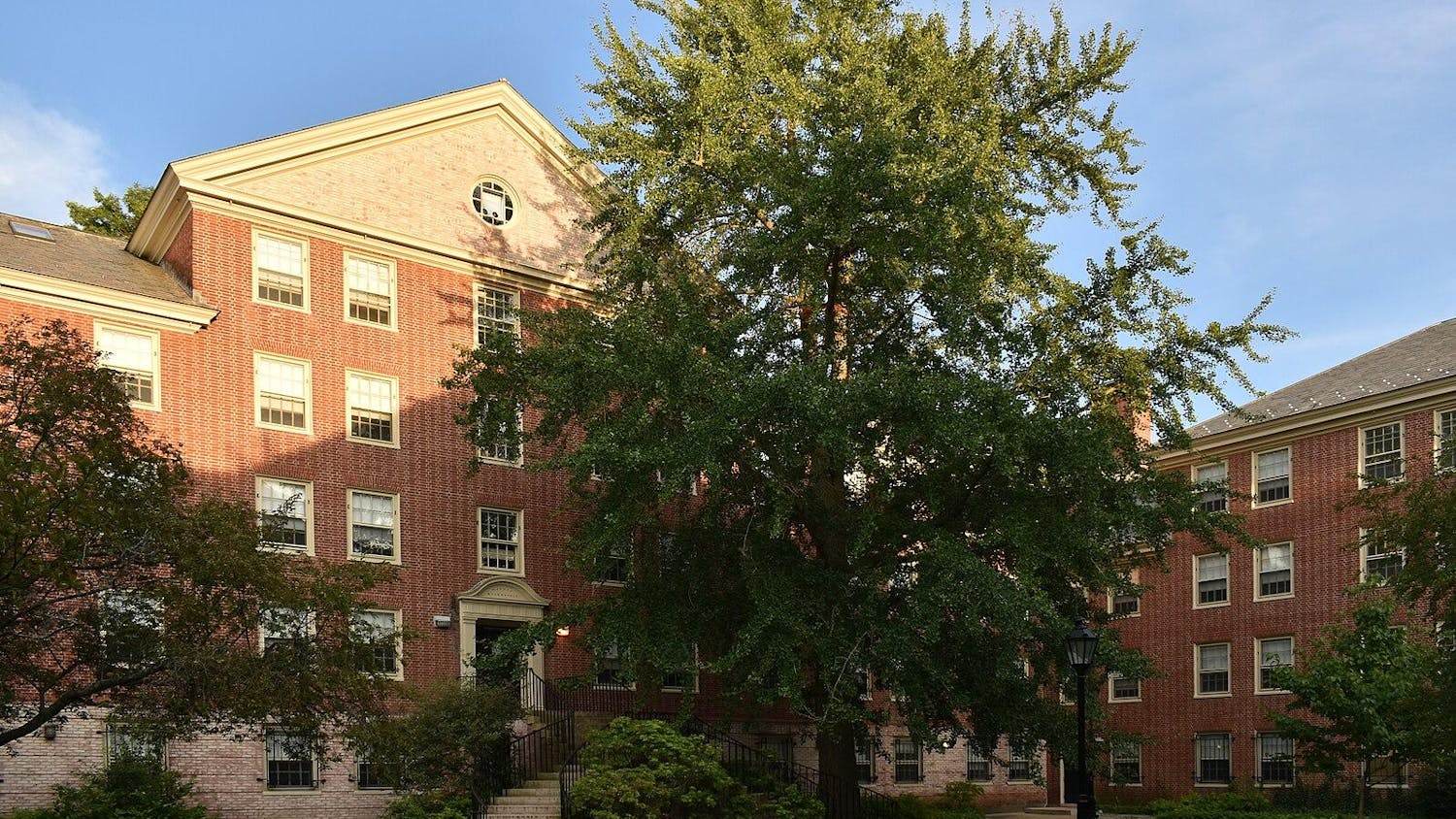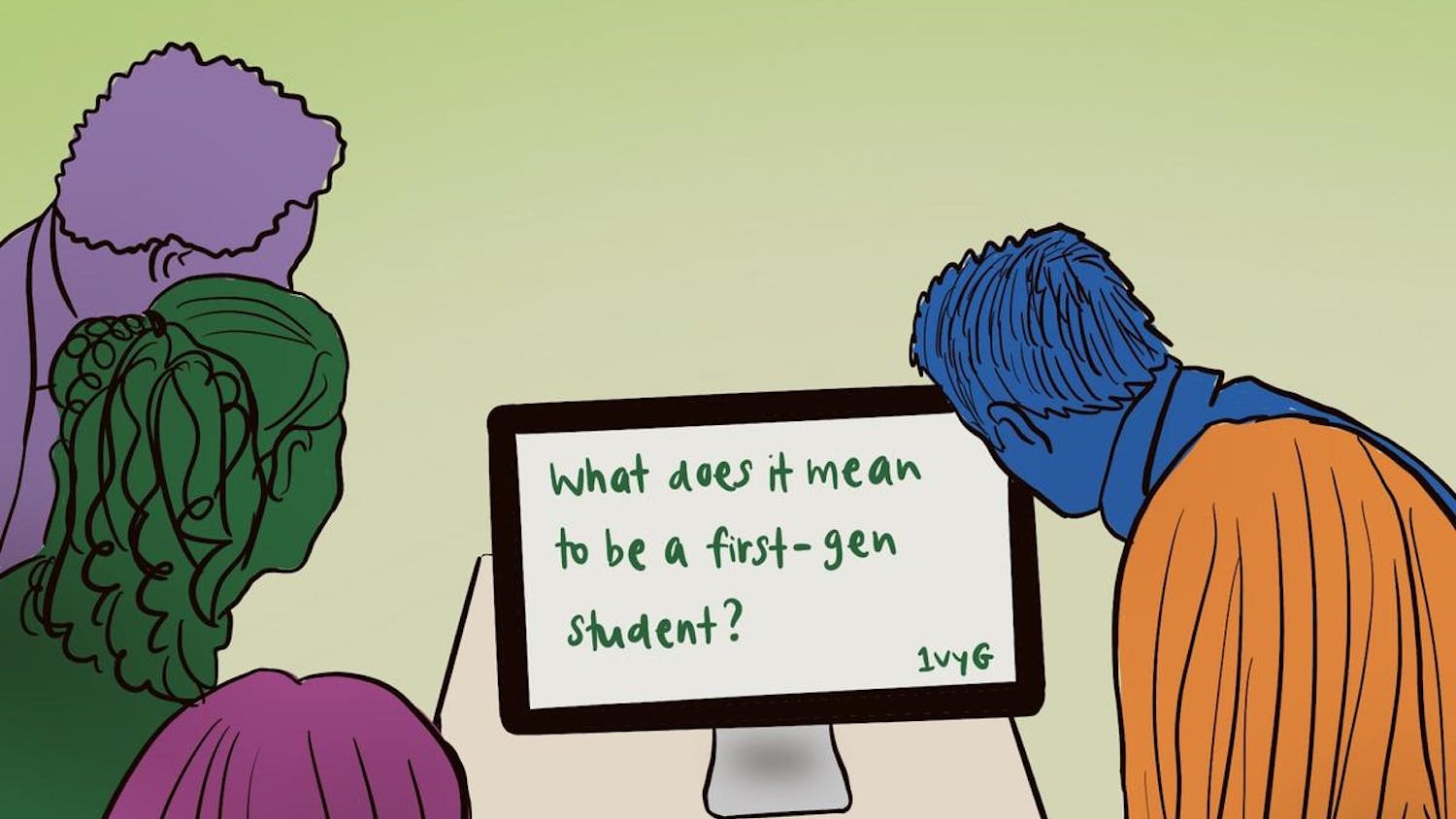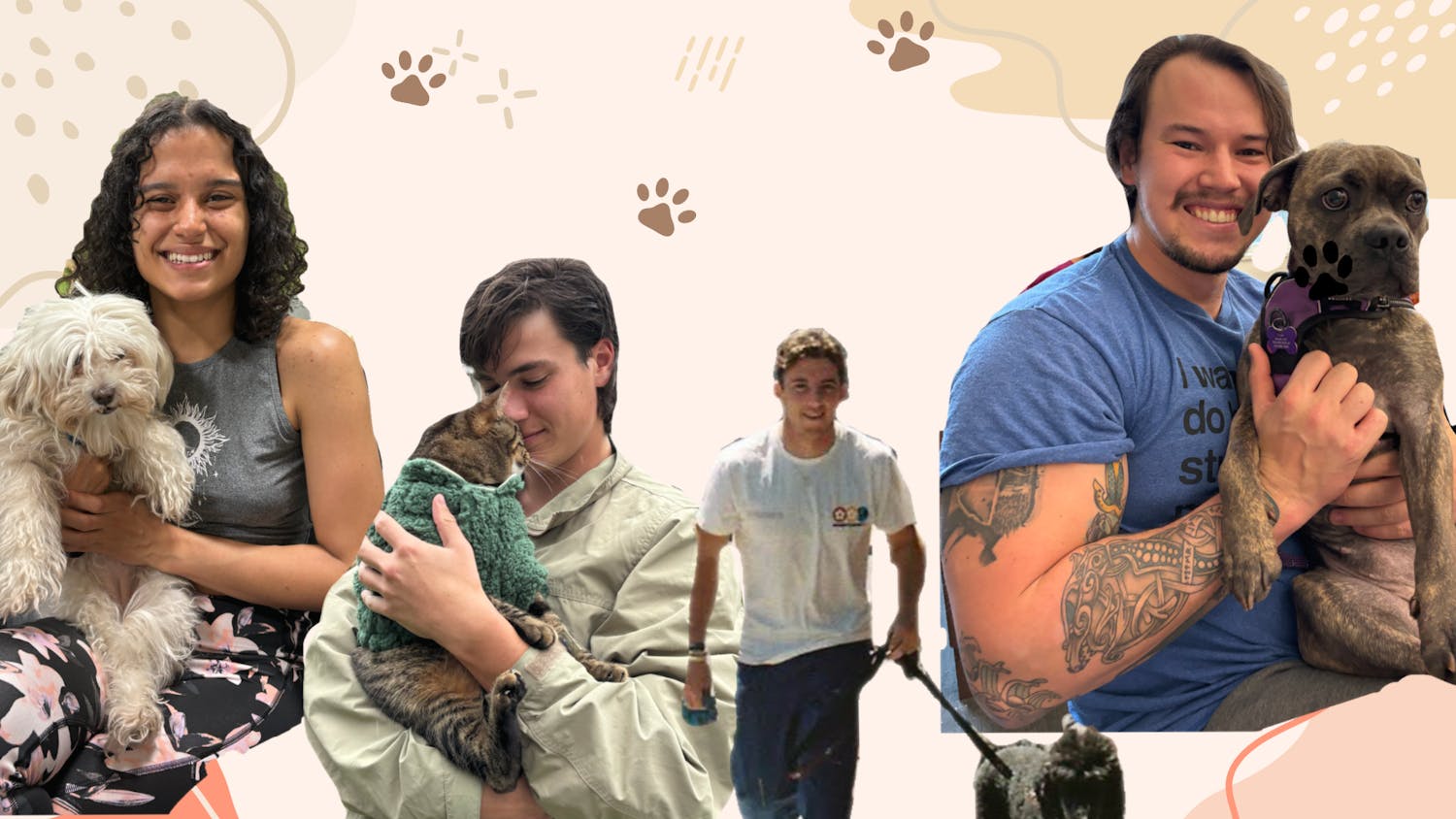Students suggested expanding the University’s mental health resources in the wake of the death of Hyoun Ju Sohn GS Tuesday at an open forum Wednesday hosted by the Undergraduate Council of Students. Student representatives from the Mental Health Community Council attended the forum to discuss the council’s efforts and gather recommendations from community members.
MHCC members Dolma Ombadykow ’17 and Maggie Jordan ’16 began the meeting by reviewing issues MHCC has discussed, including coordination of different support services — such as Counseling and Psychological Services, Student and Employee Accessibility Services and support deans — overhauling the CAPS website, Residential Peer Leader and Meiklejohn training on mental health issues, leave-taking, alcohol and drug use and response to mental health emergencies.
Increasing the available number of CAPS sessions, which currently stands at seven per year, is a priority, Ombadykow said. “We know the seven-session limit is a huge problem.”
Peer institutions, some of which do not even have formal session limits in place, average about 12 sessions per student, Ombadykow said. The current limit has emerged as a major issue in this year’s UCS elections, with all three presidential candidates supporting an increase.
Following the MHCC representatives’ statement, UCS President Maahika Srinivasan ’15 solicited suggestions for what should be done in the short term to help the community heal following Sohn’s death Tuesday. “We are a community in crisis. We are a community in shambles right now,” Srinivasan said. She hoped the discussion would help ensure that “we’re all safe, supported and feel like we really are a part of this community,” she added.
Students offered a variety of ways to increase support, such as guiding professors on how to address the incident, increasing the availability of peer support systems and clarifying what types of resources best suit different needs.
Discomfort in using the Sciences Library and the Center for Information Technology also emerged as an issue, particularly for students who need resources such as late-night computer access. UCS will investigate short-term ways to make the SciLi and the CIT’s resources available elsewhere, possibly through an extension in the Rockefeller Library’s hours, Srinivasan said.
The discussion then turned to potential long-term changes.
Some recommendations focused on the importance of more effective dissemination of information. Students are often unaware of all of the available services, such as support groups and academic accommodations, said UCS Chair of Academics and Administrative Affairs Elena Saltzman ’16. Students may also feel unsure about where to turn for help late at night or during emergency situations, said UCS general body member Sam Rubenstein ’17. Orientation for incoming students should incorporate this information, said UCS general body member Kevin Garcia ’18.
International students face unique challenges, as they may lack support from far-away family members or have been raised in a cultural environment in which seeking help for mental illness is highly stigmatized, said UCS Chair of Student Activities E-Soo Kim ’15. Sohn was an international student from South Korea.
The MHCC has discussed these issues and may consider changing the international orientation program, Ombadykow said.
Several students stressed the importance of increasing the availability of mental health resources. In addition to raising the seven-session limit, students suggested hiring additional CAPS staff to reduce appointment wait times, which can often be two weeks or more, as well as making more student-run support programs available.
A student proposal for a 24/7 student-run support line has also been discussed, but the idea of a student-run help line is “scary” for administrators and raises liability issues, Srinivasan said. Administrators want students to “prioritize being a student” before shouldering others’ burdens, she added.
The MHCC has also explored the possibility of a help line staffed by psychiatry students at Alpert Medical School, but a medical student on the MHCC said medical students themselves lack support resources and would have little time to staff a help line, Jordan said.
Residential Peer Leaders, Meiklejohns and other student leaders need particular support, since they bear the responsibility of supporting others, Srinivasan said.
UCS general body member and UCS presidential candidate Justice Gaines ’16 expressed uncertainty about what actions to take if a friend were experiencing suicidal thoughts. The MHCC has discussed the idea of holding an open training session, similar to the training RPLs undergo, to teach students strategies about what to do in this situation, Jordan said. UCS will pursue this possibility along the lines of bystander training for sexual assault, Srinivasan said.
But several students pointed out that there are significant structural barriers to consider in Brown’s treatment of mental health issues. CAPS operates based on a short-term treatment model, and Brown may not be the appropriate setting for long-term therapy, Ombadykow said. UCS general body member John Brewer ’17 also discussed the possibility of fundraising targeted toward supporting mental health.
Many discussion participants advocated fostering campus dialogue about suicide and mental health issues. Mental illness should be destigmatized so that students are more comfortable seeking help, Gaines said.
Several pointed out that Sohn’s is not the first suicide to have happened at Brown this year, but that it has received far more attention due to its public nature.
“The only reason we’re talking about this is because of where it happened and how it happened,” Gaines said. Had Sohn’s death happened in a different way, students probably would not be talking about it publicly, Gaines added.
The difficulty of balancing a family’s wishes for privacy against the need to undertake conversations about mental health emerged as another topic of discussion at the forum. Several students said dialogue should focus on the overall problems of suicide and mental illness rather than any particular individual.
UCS members aim to put pressure on the administration to change mental health policies in a letter about the perceived campus culture of silence surrounding the issue. “There’s no dichotomy between working with the administration and embarrassing them,” Gaines said. “You often do need to go there.”
Going forward, the community cannot “let this conversation trickle out in any way,” Srinivasan said. “That is in some ways an existential crisis for Brown — to say, shit needs to change.”




